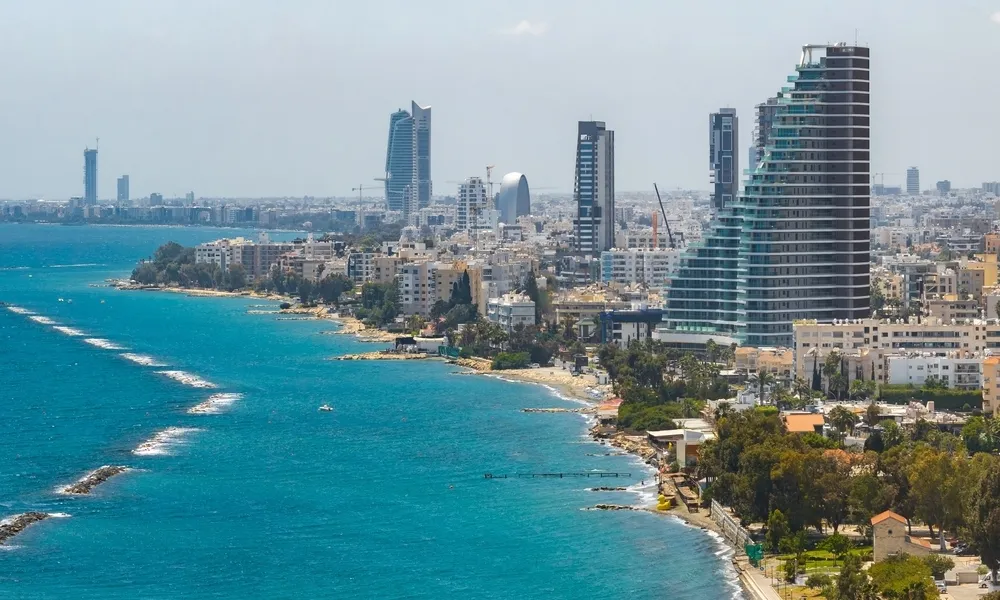Cyprus has once again found itself at the centre of a major international fraud investigation, with authorities focusing on activities linked to Limassol’s business sector. According to information obtained by Politis, a joint operation between Belgian, French and Cypriot authorities, under the supervision of Europol, has been under way on the island for the past week, investigating a scam exceeding €700 million.
The operation, which remains ongoing, concerns 17 individuals named in a European investigation warrant. At least seven arrests have been made so far, involving businesspeople based in Limassol as well as Russian and Israeli nationals, some holding dual citizenship.
Police sources told Politis that Cypriots connected to those arrested, mainly through business or financial links, are also under scrutiny, though their involvement in the case’s core offences is still being examined. The individuals reportedly deny any wrongdoing, insisting that all funds flowing through their companies were processed legally within the Cypriot banking system.
Data seizures and cross-border coordination
Investigators in Cyprus are working with extensive data gathered through long-running probes and online data leaks. Over recent days, statements have been taken, and large volumes of digital material - including computers and hard drives - have been confiscated for forensic analysis in an effort to trace electronic connections among the suspects.
Dozens of companies registered in Limassol, covering a range of activities, are now under the microscope.
The investigation extends well beyond Cyprus. However, since several suspects reside and operate primarily on the island, arrest warrants were executed locally, and courts are now handling extradition requests to France and Belgium. Some of the offences are also believed to have been committed in Cyprus itself.
The detained individuals have been released under conditions, pending court decisions on their potential extradition. Authorities confirmed that several additional suspects remain wanted and are in contact with investigators, though their compliance with extradition proceedings remains uncertain, particularly if they are located in countries lacking such agreements with EU member states.
Sophisticated 'affiliate marketing' scam
Sources told Politis that the alleged scheme revolved around affiliate marketing networks used to promote fraudulent investment opportunities and illegal online casinos.
The criminal network reportedly operated call centres - possibly including some based in Cyprus - which targeted citizens in France and Belgium, promising high returns on bogus investments.
“They obtained victims’ contact details through online ads and then called them directly,” explained a person familiar with such fraud models.
The victims were lured to fake websites presenting seemingly legitimate investment schemes, sometimes using celebrity endorsements to boost credibility. After initial deposits, victims often received small “profits” to gain trust before being persuaded to invest larger amounts. The perpetrators then vanished, changing contact details and taking down the fake sites.
The same marketing methods were allegedly used to promote illegal online casinos, which disappeared once they had collected sufficient funds. What remains unclear is whether the Cyprus-based suspects were directly involved in running these sites or only managed marketing operations.
Following the money
The investigation reportedly began when Belgian and French authorities traced financial flows leading to Cyprus. The funds taken from victims were allegedly converted into cryptocurrencies and then routed through complex corporate structures and shell companies, eventually re-entering the legitimate economy via bank transfers from tax havens.
This process, designed to launder illicit profits, appears to have channelled some funds into legitimate Cypriot businesses, including real estate and hospitality ventures in Limassol. As a result, Cypriot partners of foreign suspects are also under review.
Authorities, in cooperation with Europol, have frozen dozens of bank accounts both in Cyprus and abroad.
The investigation is believed to have been triggered partly by international data leaks and reports from investigative journalism networks which first exposed elements of the network’s operations.
Politis has sought comment from individuals linked to the case, but no responses were received by the time of publication.
